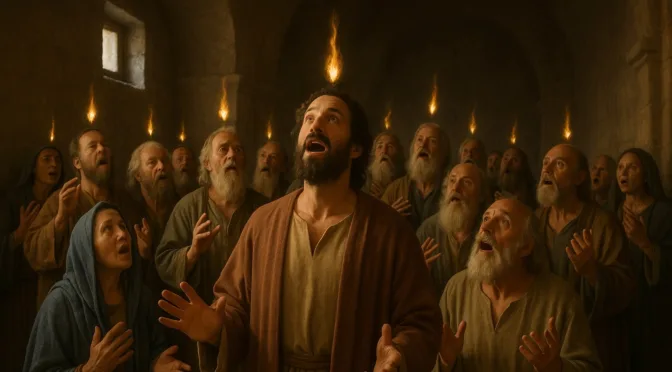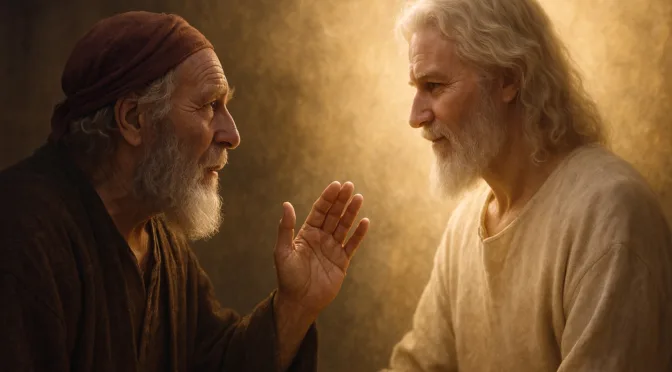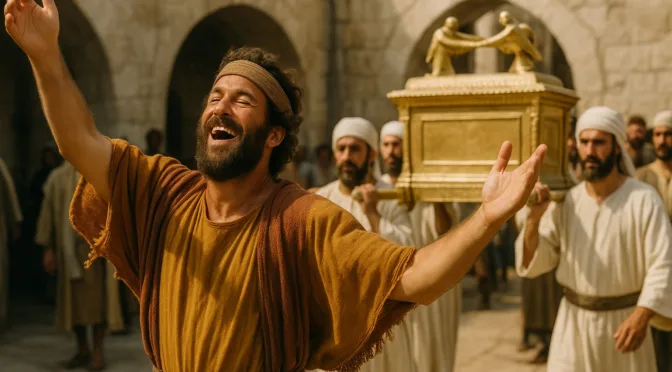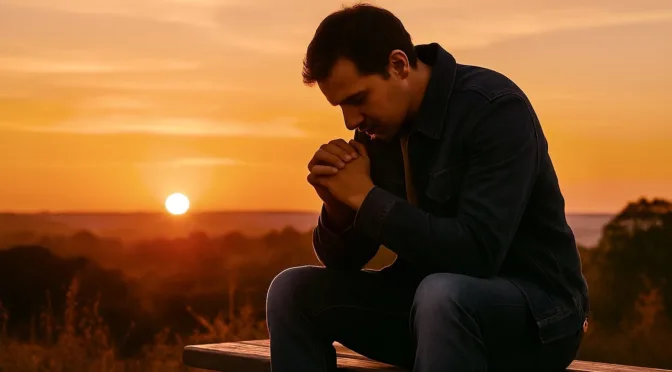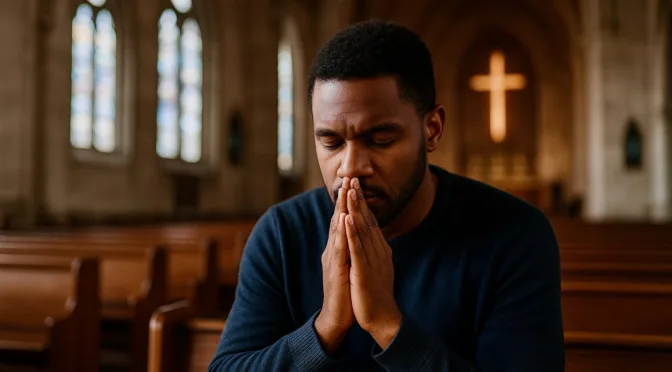Public Ministry
Unlocking the Mystery: The Four Kinds of Tongues in the Bible – Part 3
While the personal prayer language builds up the individual, the Bible reveals another kind of tongue — one intended for the building up of the entire Church. This is tongues for interpretation in the public assembly, where a message in tongues is paired with an interpretation so all can be edified.
“But the one who prophesies speaks to people for edification, exhortation, and consolation. The one who speaks in a tongue edifies himself; but the one who prophesies edifies the church.” (1 Corinthians 14:3–4, NASB)
Paul carefully lays out guidelines for public use of tongues, emphasizing that interpretation must accompany tongues when spoken in the congregation. Without interpretation, the congregation cannot understand and is not built up.
What Is the Interpretation of Tongues?
The interpretation of tongues is a spiritual gift distinct from the gift of tongues itself. It is the supernatural ability, given by the Holy Spirit, to translate the meaning of a message spoken in tongues into the common language of the assembly.
“To another various kinds of tongues, and to another the interpretation of tongues.” (1 Corinthians 12:10, NASB)
Interpretation is not mere translation. It is Spirit-given understanding of the message’s essence, capturing and conveying the heart of what was spoken, not necessarily word-for-word.
Without interpretation, tongues in the public assembly remain a mystery to the listeners. With interpretation, they become prophecy — intelligible words that strengthen, encourage, and comfort the Church.
Why Interpretation of Tongues Matters
Paul places a high priority on clarity in the assembly:
“However, in the church I prefer to speak five words with my mind so that I may instruct others also, rather than ten thousand words in a tongue.” (1 Corinthians 14:19, NASB)
The public use of tongues without interpretation can cause confusion or seem disorderly to outsiders. But when interpretation follows, it reveals that God is present and speaking through His people.
Paul commands:
“If anyone speaks in a tongue, it must be by two or at the most three, and each one in turn, and one is to interpret; but if there is no interpreter, he is to keep silent in the church; and have him speak to himself and to God.” (1 Corinthians 14:27–28, NASB)
Order in Worship
At a Spirit-filled church in the Midwest, a member stood up during a quiet moment in worship and spoke a message in tongues. The room fell silent. Then, another member, recognized by the elders as having the gift of interpretation, stood and gave the interpretation — a call to repentance and renewal. That night, many came to the altar in tears. Visitors later said they felt God’s tangible presence and heard Him calling them, even though they had no prior understanding of spiritual gifts.
The Trumpet’s Clear Sound
Paul writes:
“Yet even lifeless instruments, whether flute or harp, in producing a sound, if they do not produce a distinction in the tones, how will it be known what is played on the flute or on the harp? For if the trumpet produces an indistinct sound, who will prepare himself for battle?” (1 Corinthians 14:7–8, NASB)
Interpretation gives clarity to the sound, like a clear trumpet call before battle. It transforms the unknown into the known, calling the Church to action, repentance, or encouragement.
Self-Examination Questions
- Am I open to the Holy Spirit using me in the gift of interpretation?
- When I hear a message in tongues, do I pray for understanding so the Church can be edified?
- Am I committed to maintaining order and clarity when spiritual gifts are in operation?
Let All Be Done for Edification
Public tongues paired with interpretation magnify God’s voice among His people. This gift, when exercised properly, brings unity, encouragement, and conviction. It displays the Holy Spirit’s presence in a way that points all hearts back to God.
“Therefore, my brothers and sisters, desire earnestly to prophesy, and do not forbid speaking in tongues. But all things must be done properly and in an orderly way.” (1 Corinthians 14:39–40, NASB)
⸻
Prayer
Holy Spirit, we thank You for giving gifts to Your Church. Teach us to pursue love and desire spiritual gifts, especially those that edify the Body. Stir in us the gift of interpretation that the voice of God may be clear in our gatherings. Help us walk in order, humility, and readiness to hear and obey. In Yeshua’s name we pray, amen.
⸻




